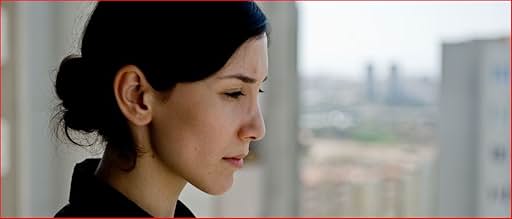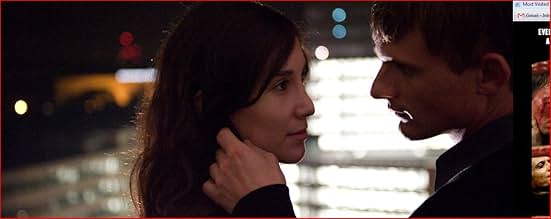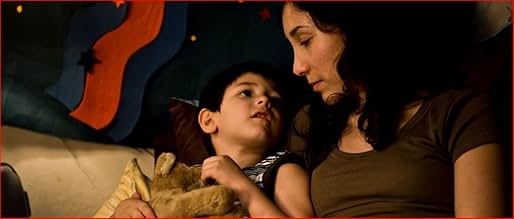Umay is a young woman of Turkish descent, fighting for an independent and self-determined life in Germany against her family's resistance. Her struggle initiates a dynamic that results in a ... Read allUmay is a young woman of Turkish descent, fighting for an independent and self-determined life in Germany against her family's resistance. Her struggle initiates a dynamic that results in a life-threatening situation.Umay is a young woman of Turkish descent, fighting for an independent and self-determined life in Germany against her family's resistance. Her struggle initiates a dynamic that results in a life-threatening situation.















